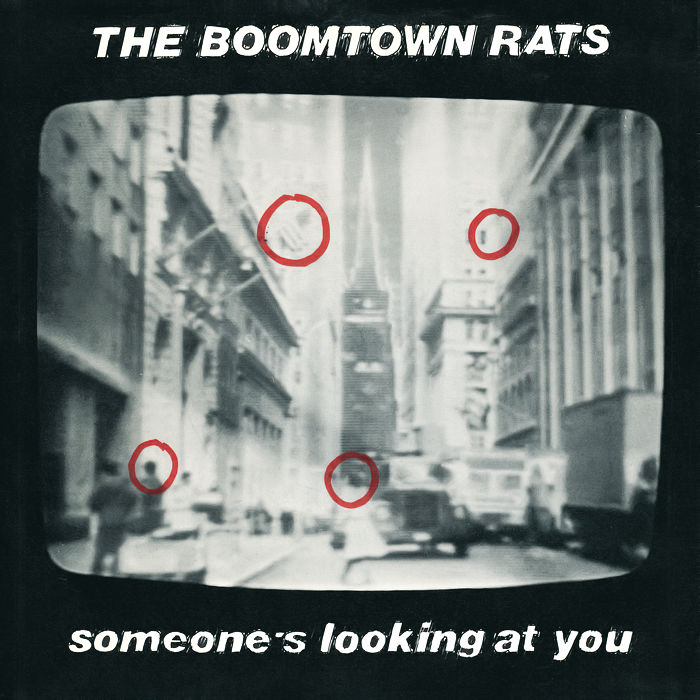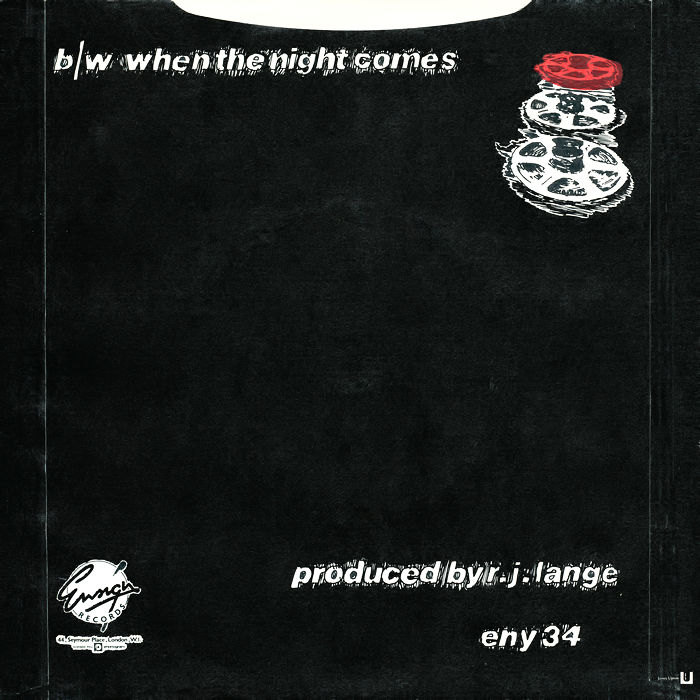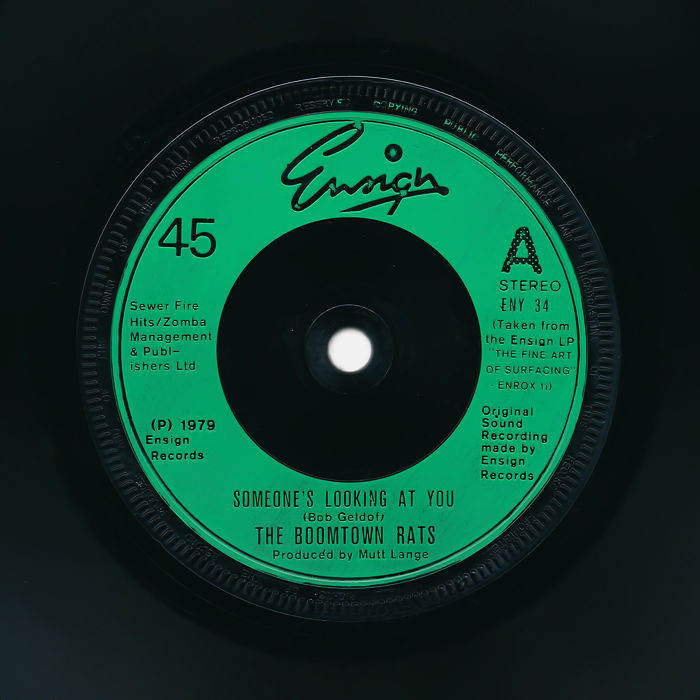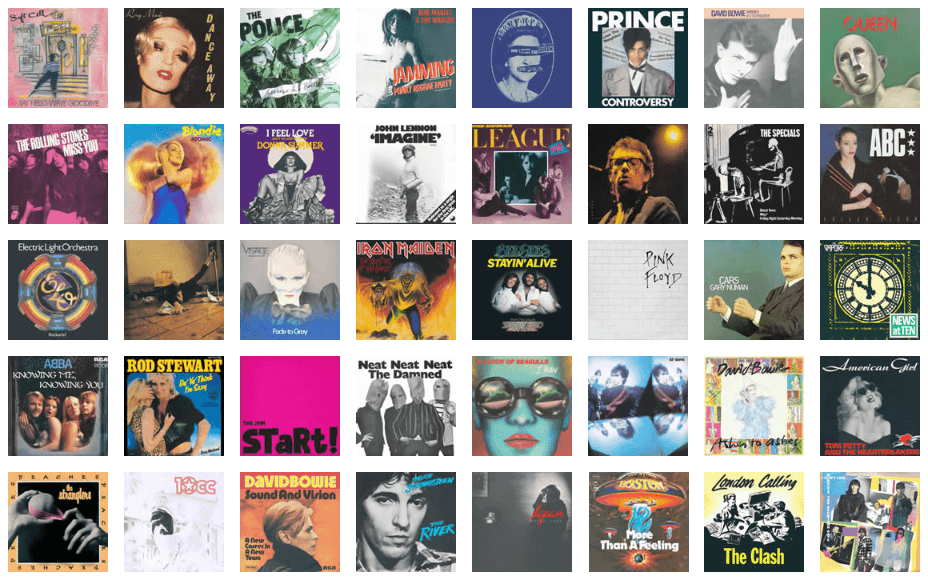The Story Behind The Song
This musical rollercoaster was the third and final single from the album The Fine Art Of Surfacing. It begins gently; an acoustic guitar, layered with an organ. The vocals drift in sedately but become increasingly angrier and louder as the verse culminates with crashing electric guitars; it's a false crescendo that slides back for the start of the next verse. At the end of second you get the full thrust of the song – "You know most killing is done at 90 degrees When it's too hot to breathe And it’s too hot to think" – leading inexorably to the full-throated chorus, only for the tempo and noise to slide again to the best lines in the song – "And I wish you'd stop whispering Don't flatter yourself, nobody's listening".
It's a tongue-in-cheek look at paranoia and the downside of fame, when every comment might be seized upon by the media or filed away by governments anxious to monitor subversive pop stars. One memorable line – "They saw me there in the square when I was shooting my mouth off About saving some fish" – was inspired by singer Bob Geldof's appearance at a Greenpeace anti-whaling demonstration in Trafalgar Square.
Yet the old adage that you're not paranoid if someone really is watching you rings true with this track. When the group rehearsed for a comeback tour in 2013, Geldof noted newspaper headlines were about governments exploiting new technology to spy on its citizens in ways that were barely imagined in 1980. The song, which culminates with the lines "There's a spy in the sky There's a noise on the wire There's a tap on the line For every paranoid's desire…", seems to perfectly reflect the Orwellian surveillance society of today, except the spy is also on every street corner with CCTV and there’s a ghost in every phone giving away the exact location of every user.
The flip side is When The Night Comes, a Kinks-like lament of Frankie, a working man who finds release from his daily drudgery through the bottle and the girl from marketing "who bent a little too far down". When the night comes, he is able to forget about the day. The "humdrum and mundane" nine-to-five is like a vicious drug habit that can’t be kicked; you're hooked even to your chains. His one-night stand tells Frankie, "I don't know if I'm drowning, maybe it's because I'm sinking". He says he'll be out of there one day, but she replies: "Frankie, you're no different from any of the rest. They've nailed you to your table and chained you to your desk."
Like the group's seminal track Rat Trap, When The Night Comes is another great narrative about the toils of the working class from Geldof. The shaggy-haired and rambunctious lead singer is an uncompromising critic of those foolish enough to cross swords with him, but he also has a self-deprecating sense of humour. He recently described his alter ego, "Boomtown Bob", as "this loudmouth twat with hair". But few loudmouths, and even fewer twats, have given us such enduring and penetrating songs as Rat Trap, I Don’t Like Mondays and Someone’s Looking At You.
We hereby instate Someone's Looking At You by The Boomtown Rats on The Wall as No.13 Best Single of 1980
The Rats had a defining role in British youth culture during the late 70s. Arguably, Someone’s Looking At You was their last great single. No doubt, Bob would disagree!Ant B




